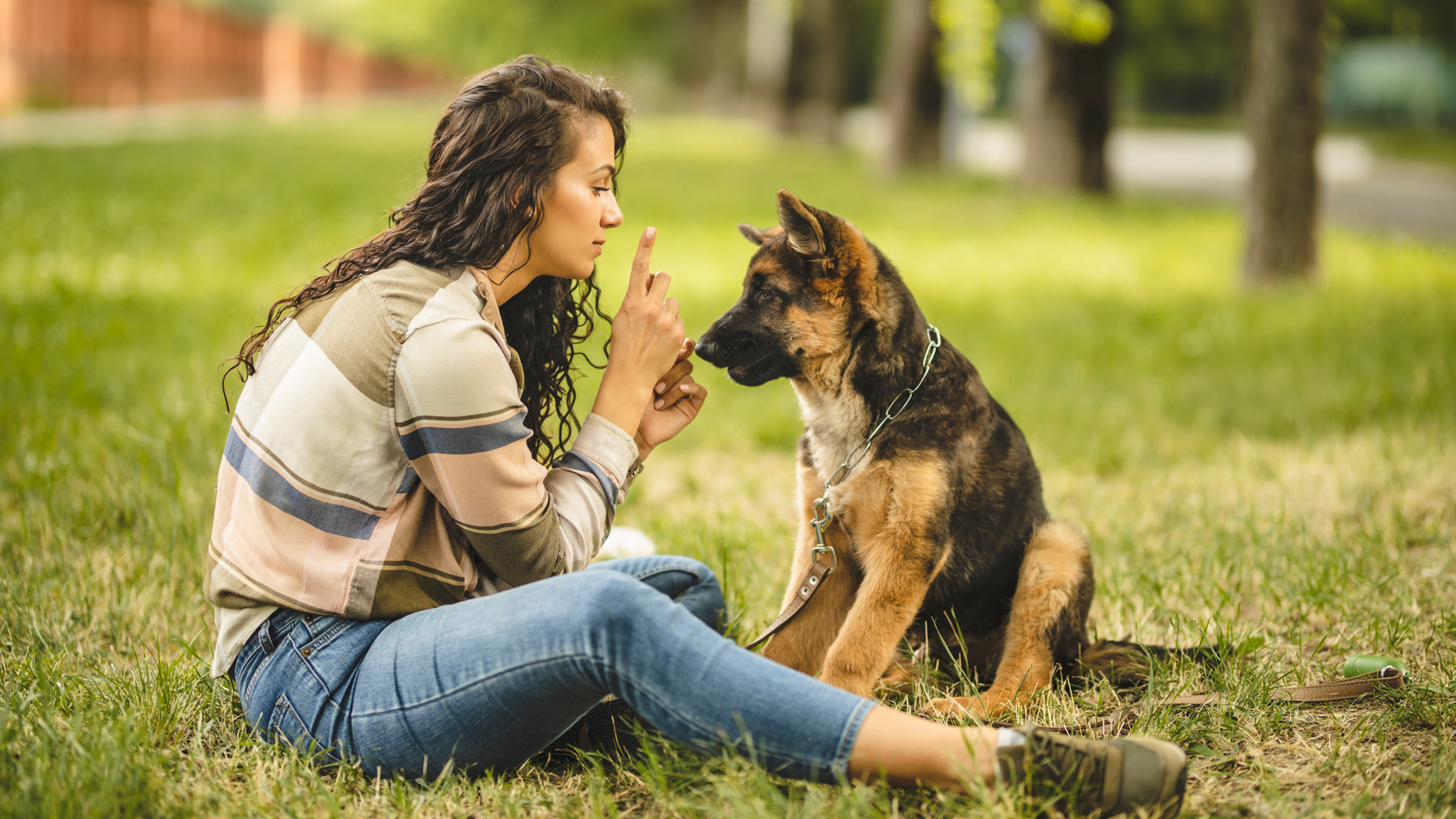
If you’ve just welcomed a new bundle of fluff into your family — congratulations! Puppies can infuse our lives with so much joy, but there’s no denying that bringing home a puppy for the first time can also include plenty of challenges.
From figuring out how to get a puppy to sleep through the night to choosing the right puppy food to help your little fur friend grow up big and strong, there’s a lot to think about during that first year of your puppy’s life. Add trying to properly socialize your canine companion to the list and it’s no wonder that so many pet parents find themselves struggling with the puppy blues.
Thankfully, expert trainer Amelia Steele has come to the rescue with a handy Instagram video where she outlines three of the most common mistakes pet parents make when it comes to socializing their puppy — and how you can avoid them. Here’s what she had to say…
1. Waiting until your puppy is fully vaccinated before you take them out: “Now yes, they can’t go on the floor and they can’t go for a walk before they’ve had all of their vaccinations. However, it’s perfectly safe to carry them around. You want them to start seeing things as soon as possible, so carrying them around either in your arms or in a sling is a really good way to safely expose them to sights and sounds.”
2. Only focusing on dog socialization: “Socializing your puppy with other dogs is a part of socialization but it shouldn’t be all of it,” Steele says. “In that sensitive phase between about eight and 16 weeks old, you want to make sure that your puppy is being exposed to different places, people, sights, sounds, smells, textures and even loud noises.”
3. Exposing your dog to every dog you meet or none of them: “It’s really important that you show your dog that it’s a balance,” explains Steele. “Sometimes they get to meet other dogs and sometimes you’ll just walk by. Yes it’s important they learn social skills but you also don’t want them to be meeting every single other dog. This in itself could cause reactivity long term.”
Helping your puppy to learn the ropes of what’s expected of them takes time, patience, and consistency. If you find that after several months of socializing your puppy, you’re not seeing the positive progress that you’d like, we recommend reaching out to a professional trainer for advice and guidance.
For more great puppy content to help your little one thrive in the first year of life, check out our guide to how to teach a puppy to sit.







